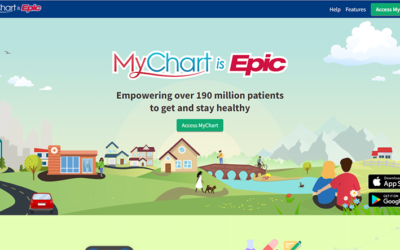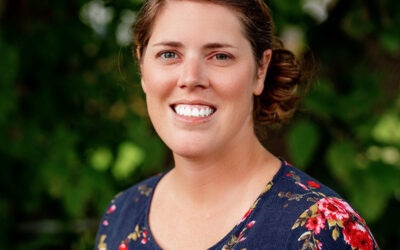February is Heart Health Month! Nutrition is a good place to start when considering changes to improve the health of your heart. Below are ten tips, from our friends at the American Heart Association, to begin your journey to a healthier heart.
A word of advice from medical providers, you don’t have to jump in with both feet! Make small, incremental changes – it will be easier to make the change a healthy habit. You can add in additional changes slowly and before you know it – you’ve conquered some unhealthy eating habits! Of course, you should always follow the advice of your own healthcare provider when it comes to specifics about your individual situation!
10 Things You Can Do For A Healthy Heart
- Balance calories with physical activity.
- Reach for a variety of fruits and vegetables.
- Choose whole grains.
- Include healthy protein sources, mostly plants and seafood.
- Use liquid non-tropical plant oils.
- Choose minimally processed foods.
- Subtract added sugars
- Cut down on salt.
- Limit alcohol.
- Do all this wherever you eat!
Related Posts
Get Started with the MyChart App: Your Health at Your Fingertips
Managing your health just got easier with MyChart! This handy app lets you access your health information anytime, anywhere. Available in both English and Spanish, MyChart brings convenience right to your smartphone or computer. Here's how you can get started. Why Use...
Take the First Step Toward Recovery: Learn About PHC’s MAT/MOUD Program
This January marks the first-ever Substance Use Disorder Treatment Month, launched by the Center for Substance Abuse Treatment at the Substance Abuse and Mental Health Services Administration (SAMHSA). This national observance aims to raise awareness of effective,...
Protect Your Health: January is Cervical Cancer Awareness Month
January is Cervical Cancer Awareness Month Cervical cancer is one of the most preventable types of cancer, yet it affects thousands of women each year. In the United States, about 13,960 new cases of invasive cervical cancer were diagnosed in 2023, and approximately...
Stephany Balow Named PHC’s CAO
Celebrating Stephany Balow’s Promotion to CAO! We are excited to announce that Stephany Balow will step into the role of Chief Administrative Officer (CAO) effective December 22nd! Since joining PHC in 2014, Stephany has excelled in various roles, most recently as...
Julie Raasch Named as PHC’s New COO
Exciting Leadership Update at PHC! We are thrilled to announce that Julie Raasch, our current Chief Quality Officer, will assume the role of Chief Operating Officer (COO) starting December 8th! Julie joined PHC in 2014 as Associate Operations Director, focusing on EMR...
Understanding Seasonal Affective Disorder (SAD): Awareness and Support
As the days grow shorter and colder, many people experience shifts in mood. For some, these changes go beyond a case of the “winter blues” and become a condition called Seasonal Affective Disorder (SAD). SAD is a type of depression that affects millions of Americans...
Take Control of Your Health: Understanding HIV and AIDS Awareness
December 1 is World AIDS Day. Raising awareness about HIV and AIDS is key to breaking stigma, encouraging testing, and ensuring access to care. At Primary Health Care, we’re proud to support the community with specialized HIV prevention and care services through our...
Nathan Simpson Appointed CEO of PHC
Nathan Simpson Appointed Chief Executive Officer of Primary Health Care, Inc.DES MOINES, Iowa - November 18, 2024 - The Board of Directors of Primary Health Care, Inc. is pleased to announce the appointment of Nathan Simpson, MHA, as the organization’s next Chief...
Take Control of Your Diabetes: How to Manage Your Health
Managing diabetes is essential to staying healthy. With regular check-ups and a few lifestyle changes, you can keep your diabetes under control and improve your overall well-being Why It’s Important: When diabetes isn’t managed well, it can lead to serious health...
Supporting New Mothers: Overcoming Breastfeeding Challenges with Primary Health Care
Breastfeeding is a natural and beneficial practice, but many new mothers encounter challenges such as difficulties with baby latching and concerns about milk supply. Studies indicate that approximately 31% of mothers stop breastfeeding due to perceived insufficient...










